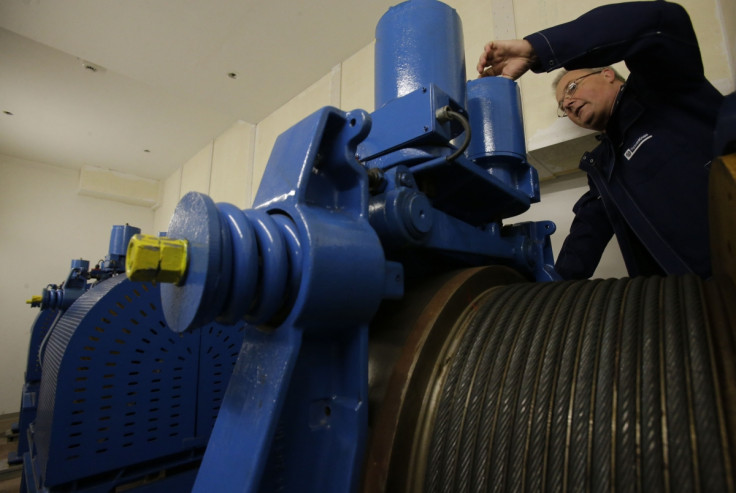Weak German Industry Data Shunts Markets Down Amid Eurozone Recovery Concerns

Industrial output in the powerhouse German economy has tumbled at its fastest pace in over two years, sending markets and the euro down amid concerns over the weak eurozone recovery.
The German economic ministry said the country's industrial output fell by 1.8% in May. It said public holidays were a significant factor, but there were other reasons for the sharp decline.
Following the data, the euro fell to a 22-month low against sterling. The FTSEurofirst 300 dropped 0.1% and the Euro STOXX 50 was down 0.2%.
"After a strong first quarter, industry output weakened over the last months," said the ministry.
"Besides the effect of the bridge days in May and weakness in construction, which was to be expected after the mild winter, geopolitical factors may also have played a part."
Germany's economy is the strongest in the eurozone and a big contributor to the beginnings of its recovery from the sovereign debt crisis that almost broke up the 18-member state union.
The eurozone economy grew by just 0.2% in the first quarter of 2014 after a 0.3% expansion in the previous quarter. Strong economies such as Germany are offsetting weakness in states such as Greece.
But inflation is weak because bank lending is falling across the whole eurozone, including in Germany.
This is making it harder for firms to get hold of the credit they need to invest in boosting output and hiring more staff, raising questions about the durability of the recovery.
To combat weak inflation and the threat of deflation, the European Central Bank (ECB) has slashed interest rates even further than it had before and is pumping an extra €400bn (£317bn, $544bn) stimulus towards supporting bank lending to businesses.
© Copyright IBTimes 2025. All rights reserved.






















